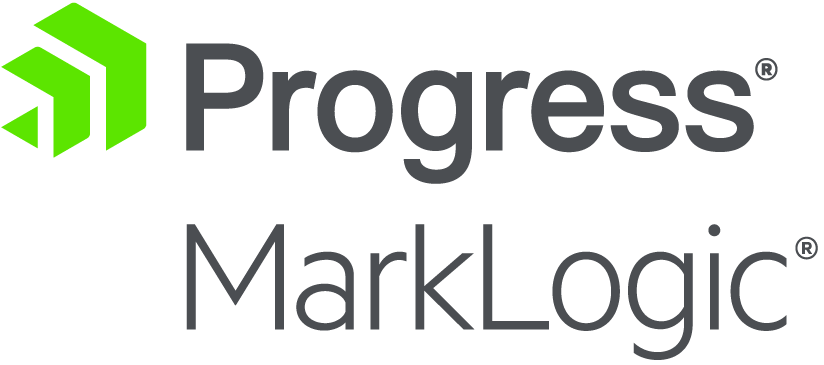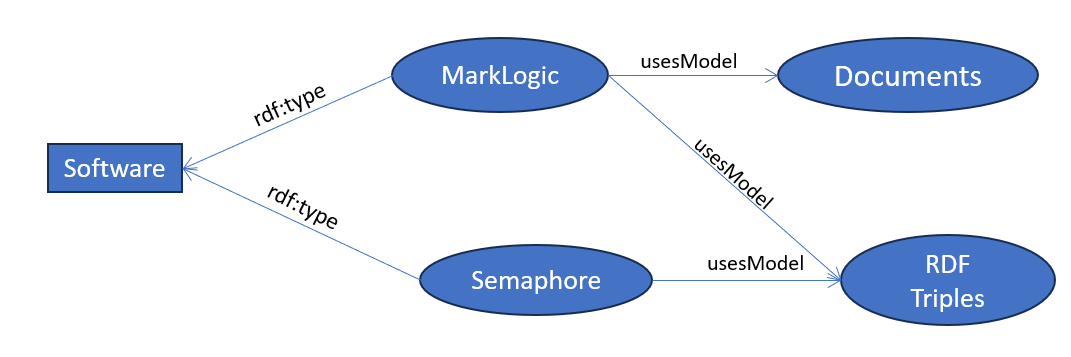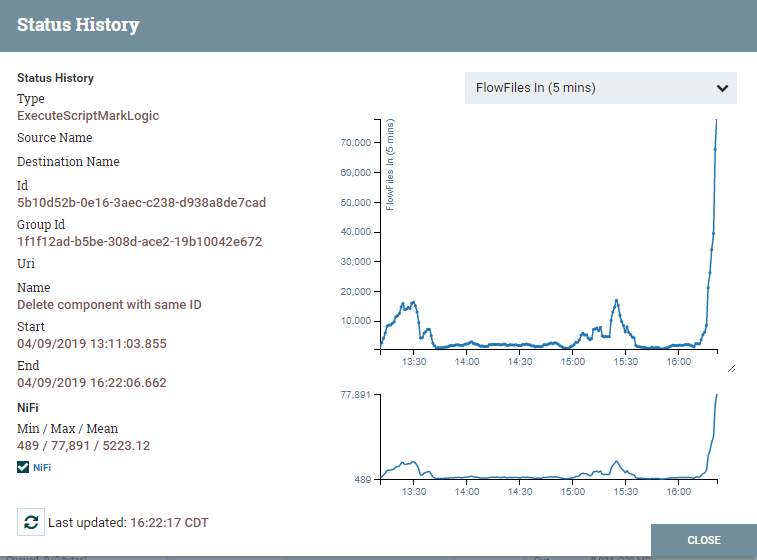Blog
Error Handling in MarkLogic JavaScript APIs
- 3 December, 2024
- By Dave Cassel
- No Comments
The engine that powers MarkLogic's JavaScript includes try/catch, which is really helpful for capturing errors and handling them gracefully. In...
Read More

Blog
What Makes a Great Progress MarkLogic Developer?
- 2 July, 2024
- By Dave Cassel
- No Comments
The pace of change in technology is a never-ending challenge that all developers need to manage. Progress MarkLogic developers are...
Read More

Blog
Best Practices for Logging in MarkLogic
- 13 May, 2024
- By Dave Cassel
- No Comments
An important element in software development is understanding what's happening as your application runs. The user interface should provide responses...
Read More

Blog
What is a Reverse Query?
- 6 May, 2024
- By Dave Cassel
- No Comments
How do you know when your database has something new that would interest your users? How do you categorize incoming...
Read More

Blog
Is MarkLogic the Right Database for Me?
- 27 April, 2024
- By Dave Cassel
- No Comments
Progress MarkLogic is an enterprise, multi-model, NoSQL database, search engine, and application server. It's able to cover a lot of...
Read More

Blog
String Interpolation in Apache NiFi
- 22 April, 2024
- By Dave Cassel
- No Comments
In one of my recent posts, I talked about ExecuteScriptMarkLogic, a handy processor for getting Apache NiFi to talk to...
Read More

Blog
Apache NiFi and Progress MarkLogic
- 10 April, 2024
- By Dave Cassel
- No Comments
For years, I've used Apache NiFi as a data orchestration tool. Based on NiFi's built-in scheduler, we pull data from...
Read More

Blog
Updating Document Quality
- 28 June, 2023
- By Dave Cassel
- No Comments
A little-used Progress MarkLogic feature (from what I’ve seen) is the ability to change a document’s quality. Lowering this value...
Read More

Blog
Testing Custom Progress MarkLogic APIs
- 28 March, 2023
- By Dave Cassel
- No Comments
We can use the marklogic-unit-test framework to test custom APIs hosted in Progress MarkLogic. Doing so is more of an integration test...
Read More

Blog
Nulls and the Empty Sequence
- 28 November, 2022
- By Dave Cassel
- No Comments
We recently came across a neat little gotcha that I thought was worth sharing. I’ve written before about how JSON...
Read More

Blog
Apply Temporal to an Existing Document
- 28 October, 2022
- By Dave Cassel
- No Comments
MarkLogic’s temporal feature allows an out-of-the-box way to preserve copies of a document when it gets updated. You can read...
Read More

Blog
What Does it Mean to be a MarkLogic DBA?
- 28 August, 2022
- By Dave Cassel
- 1 Comment
The responsibilities of a DBA are different for MarkLogic than for a traditional relational database. While the line of responsibility...
Read More

Blog
MarkLogic Index Data Types
- 28 July, 2022
- By Dave Cassel
- No Comments
MarkLogic offers several types of indexes: Universal, range, triples. These indexes provide fast access to your content and can be...
Read More

Blog
Scoping Queries in the Optic API
- 28 July, 2022
- By Dave Cassel
- No Comments
Every now and then I write an Optic query that has parts that look redundant. In the example below, assume...
Read More

Blog
Binding Multiple Values
- 28 July, 2022
- By Dave Cassel
- 2 Comments
With MarkLogic’s SPARQL queries, we can bind a value to constrain the query. Using this capability, we can gather information...
Read More

Blog
SPARQL Update with Multiple Targets
- 28 July, 2022
- By Dave Cassel
- No Comments
In my last post, I talked about using the bindings parameter of MarkLogic’s sem.sparql function to look for multiple values in a SPARQL query....
Read More

Blog
TDE Template – Unknown Table
- 28 November, 2021
- By Dave Cassel
- No Comments
MarkLogic’s Data Hub Central offers an easy way to create entities. As a bonus, it automatically creates a TDE Template...
Read More

Blog
Populating an Array from Numbered Fields
- 28 November, 2021
- By Dave Cassel
- No Comments
As we move data from other sources (often relational databases) into MarkLogic JSON, we have the opportunity to change the...
Read More

Blog
SPARQL Update and Locks
- 28 October, 2021
- By Dave Cassel
- No Comments
I just learned something the hard way, so I thought I’d share. The tl;dr is that sem.sparqlUpdate runs in a separate transaction by default,...
Read More

Blog
Making Updates Safe for Parallel Processing
- 28 May, 2021
- By Dave Cassel
- No Comments
I’ve seen a couple cases recently where we were making modifications to a document in MarkLogic and the process was...
Read More

Blog
Peer Reviewing a NiFi Flow
- 21 May, 2021
- By Dave Cassel
- No Comments
We’re used to doing reviews for source code. NiFi flows look different, but when they are part of your application’s...
Read More

Blog
Setting an Attribute with a Dynamic Property Name
- 28 April, 2021
- By Dave Cassel
- No Comments
The NiFi EvaluateJsonPath processor lets you specify a JSON path, which will be applied to the content of a flow...
Read More

Blog
Why Hire Us?
- 28 February, 2021
- By Dave Cassel
- No Comments
If you have made or are considering an investment in MarkLogic, you’ve got an opportunity or problem you weren’t able...
Read More

Blog
Comparing xs.dateTime values
- 20 February, 2021
- By Dave Cassel
- No Comments
5 o’clock is 5 o’clock, right? Well, not once we start thinking about time zones. 17:00:00-05:00 (5pm here on the...
Read More

Blog
Processing Upstream Deletes
- 28 January, 2021
- By Dave Cassel
- No Comments
We can load data into a data hub from a variety of upstream data sources. What if we want to...
Read More

Blog
Working with JSON in XQuery
- 6 October, 2020
- By Dave Cassel
- No Comments
MarkLogic supports XQuery and JavaScript as native languages. XQuery is a very natural way to work with XML, just as...
Read More

Blog
Searching for One Result
- 28 September, 2020
- By Dave Cassel
- No Comments
MarkLogic is both a database and a search engine. Sometimes, you know you only want one result from your search....
Read More

Blog
MarkLogic Universal and Range Indexes
- 28 February, 2020
- By Dave Cassel
- No Comments
In NiFi, FlowFiles are pieces of data that a processor needs to work on. In this case, NiFi is calling...
Read More




